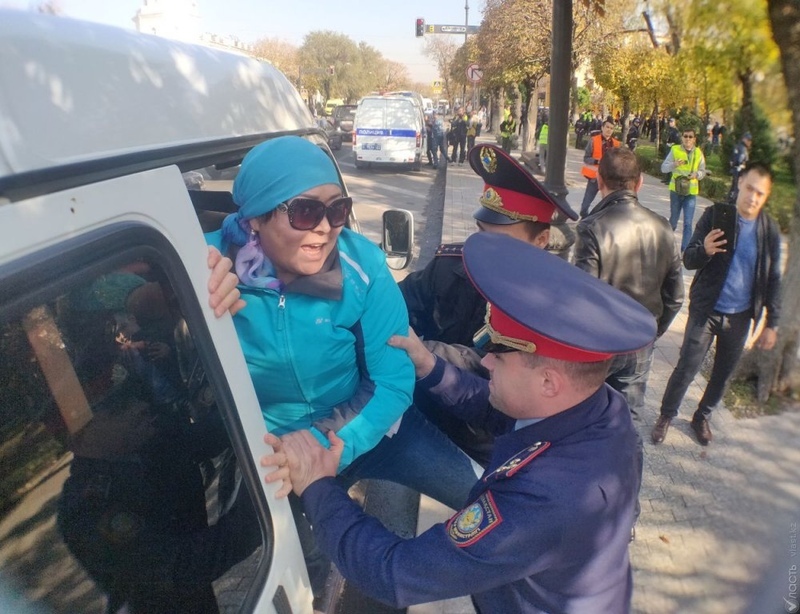
AKIPRESS.COM - Social tensions across the Central Asian region remain elevated, the International Monetary Fund says in its latest Regional Economic Outlook report.
The study analyzes the evolution of capital inflows to the Middle East, North Africa, Afghanistan, and Pakistan (MENAP) region and to countries in the Caucasus and Central Asia (CCA), exploring how they can most effectively contribute to economic growth.
Protests earlier this year in Algeria and Sudan have been accompanied by those in Georgia and Kazakhstan. The evolution of these events highlights the urgent need for reforms to deliver higher and more inclusive growth, and will shape policymakers’ options for addressing the economic challenges faced by the region.
In the longer term, even larger risks loom. Foremost among these are demographic changes, which are already straining labor markets and demand for public services, and climate change, which will most likely impact the region through more adverse weather events, oil price uncertainty, and tension over scarce resources, particularly water.
Given this environment, regional governments’ policy objectives should, in the near term, stabilize macroeconomic conditions and build resilience by addressing unsustainable fiscal policies while protecting the most vulnerable, and in the medium term, promote inclusion and raise growth by tackling impediments to jobs and investment. More accommodative policies should be considered if there is further slowdown in countries where growth is already too low and when there is policy space.
To achieve these objectives, country authorities will face three key policy challenges, highlighted in this report. First, fundamental reforms to the conduct and institutions of fiscal policy are essential to tackle high public debt and inefficient government services. This will include the adoption of policies to promote fiscal transparency and predictability, such as credible medium-term fiscal frameworks. Second, the composition of capital flows to the region has changed, becoming less conducive to growth. Foreign direct investment (FDI) has been replaced by portfolio flows, especially in MENAP countries; policies to promote deeper markets, reduce restrictions on investment, and improve macroeconomic stability can help attract FDI. Third, structural reforms are essential for boosting growth and employment throughout the region. A failure to deliver higher and more inclusive growth may fuel already-elevated social tensions, threatening regional stability.
